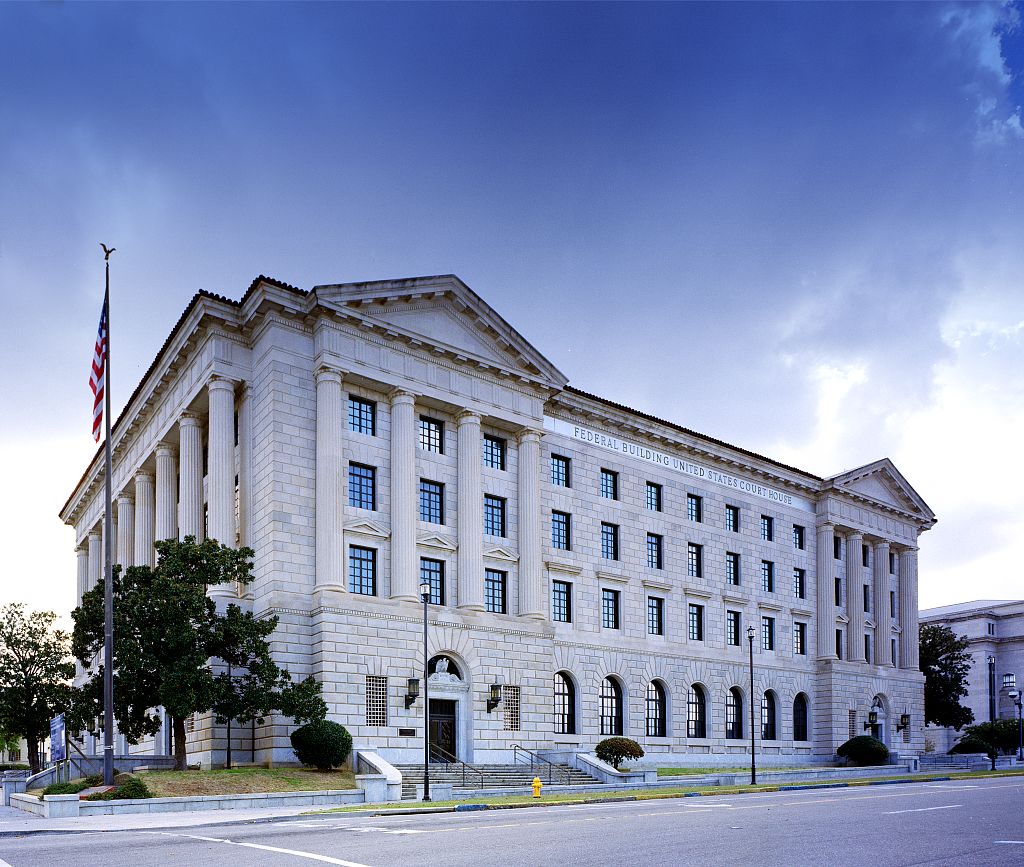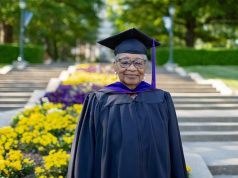
By Kim Chandler
Associated Press

MONTGOMERY, Ala. (AP) — A federal lawsuit is challenging Alabama’s policy of stripping convicted felons’ of their right to vote.
The Greater Birmingham Ministries and 10 Alabama residents who aren’t allowed to vote because of a past felony conviction filed the lawsuit Monday in Montgomery federal court. They argue that the blanket ban is an unconstitutional infringement on the right to vote, unfairly punishes people long after their sentences are complete and disproportionately impacts minority communities.
The lawsuit quotes 2014 statistics from the Sentencing Project that estimated more than 260,000 people were blocked from voting in Alabama. Nearly half were African-American.
The Alabama attorney general’s office did not have an immediate comment. A spokesman for Alabama Secretary of State John Merrill said the office has a policy of not commenting on ongoing litigation.
The lawsuit, Thompson v. Alabama, calls for the court to rule the law is racially discriminatory, unconstitutional and a violation of the Voting Rights Act. The lawsuit also asserts a theory that, if successful, could sharply limit the scope of permissible felon disenfranchisement nationwide, arguing that the 14th Amendment does not allow the blanket disenfranchisement of citizens for minor non-violent offenses that are irrelevant to voting.
“Today we begin the journey on behalf of a quarter million Alabama citizens who have felony convictions and who have been disenfranchised by this system. Citizens with past felony convictions work and pay taxes, and should have a say in deciding their community’s and the nation’s laws that directly impact their lives,” said Gerry Hebert, executive director of the Campaign Legal Center. “Denying these citizens with past felony convictions the opportunity to fully integrate as members of society sends the message that they will permanently be treated as second-class citizens.”
Felony disenfranchisement laws silence the voices of 5.85 million citizens nationwide who are banned from the polls today. In Alabama, the law disenfranchises about 15 percent of black adults or more than 130,000 black citizens.
Some U.S. states have no restrictions on voting and the majority of states limit disenfranchisement to time in prison or on parole and probation. Only 12 states, including Alabama, permanently disenfranchise some or all citizens convicted of felony offenses.
Alabama’s law is particularly discriminatory in that it requires voters to pay fines and fees to restore their voting rights. A requirement that a U.S. citizen with a past felony conviction must pay “all legal financial obligations in order to be eligible to restore her voting rights constitutes a poll tax and violates the 24th Amendment,” the complaint asserts.
“Felony disenfranchisement laws have the undeniable effect of diminishing the political power of minority communities,” said Danielle Lang, voting rights counsel for the Campaign Legal Center. “As our legal complaint shows, these laws are rooted in the racially discriminatory policies of the Jim Crow era, continue to primarily harm people of color and distort our democracy.”
Lang continued, “In Alabama, a wealthy person with a conviction may be able to vote whereas an impoverished person with a conviction cannot. Even ignoring the starkly disproportionate discriminatory effect of felon disenfranchisement, the requirement that someone pay back ballooning court fees and fines in order to vote has a much harsher impact on the minority community.”
Plaintiff in the case, 60-year-old Larry Newby of Huntsville, said he wants to see his rights restored, as well as other individuals he personally knows who are in similar situations.
“I would like to have an opportunity to put in a choice for the president,” Newby said. “I’d like to vote for not just for president, but in my district and for governor. Having my right to vote back would make me feel respected as a person. It would be something I would be grateful for – to have the opportunity to go register to vote and go to the polls. You do your time, you pay your debt to society, so you ought to be able to return back home and your society and be able to speak freely and vote freely.”




